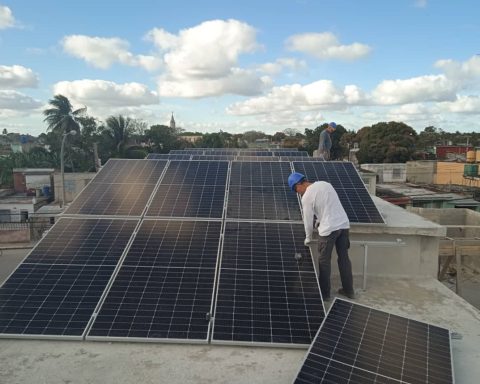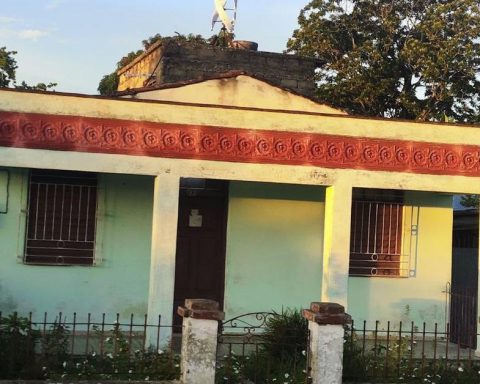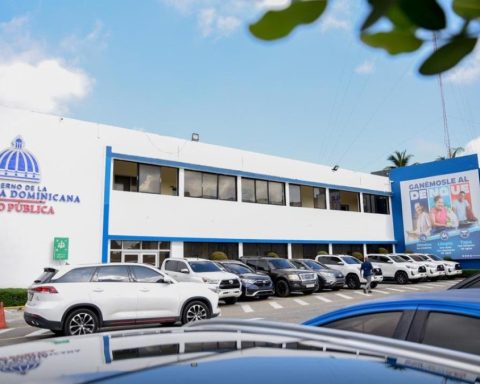MADRID, Spain. Residents of the San Miguel del Padrón municipality in Havana have been protesting for at least three nights in recent days in response to a lack of drinking water in the area that has lasted for more than two weeks. The demonstrations included closing streets and burning debris, according to several reports. media.
The largest protest took place in the community of La Rosalía, where residents decided to take to the streets after days without access to water. Witnesses and videos circulating on social media show protesters using tires, trash and other materials to block roads, demanding an immediate solution to the supply problem.
The protests erupted after local authorities failed to keep their promises to restore service. In the absence of action, protesters took to the streets to raise awareness of their situation.
Residents complain that official responses have been insufficient or non-existent. “We have been without water for more than two weeks, and they don’t tell us anything.” “We are tired of living in these conditions,” Cubans said in videos posted on social media.
Many social media users expressed their support for the protesters, highlighting the seriousness of living without access to water for more than two weeks. Others pointed out that this situation reflects the systemic problems facing the country, where deficiencies in basic services are recurrent.
This week, authorities acknowledged that the crisis in the supply of drinking water affects more than 600,000 people throughout the country.
The president of the Water and Sanitation Business Group, José Antonio Hernández Álvarez, confirmed that the water crisis is affecting several provinces, some with more than 30,000 clients without service. Among the most affected are Pinar del Río, Artemisa, Santiago de Cuba, Granma, Villa Clara, Cienfuegos and Holguín.
In Havana, the situation is even more alarming, with more than 130,000 people affected. These official figures show the seriousness of the problem and how the collapse of essential services has become a constant in the lives of Cubans under the regime.

















